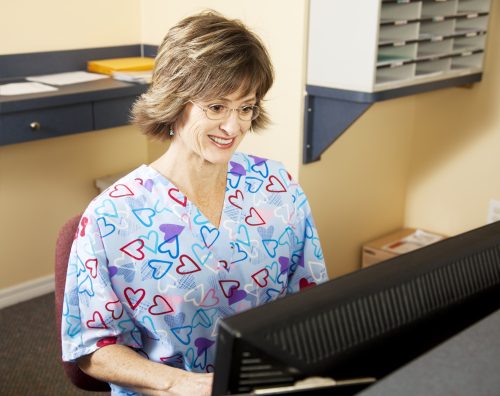By Akiva O’Connor
There’s no doubt that we are all anxious to see the end of COVID-19. And for the most part we are hanging our hopes on the rollout of the approved vaccines.
People’s patience, however, wore thin over the past ten months. We were sent into lockdowns. Many of us lost our jobs. The pandemic changed the world as we know it. We all just want to see it over and done with. The promise of a vaccine definitely improved the moods of many, and provided a glimmer of hope in a dark sky.
But a quick perusal of the news shows that the vaccine rollout has been slow and tedious. Short supplies and nervous customers have put a damper on the excitement we were starting to feel at the beginning of December. According to Nancy Messonnier that’s about to change.
What’s taking so long?
Messonnier is the head of the CDC’s National Center for Immunization and Respiratory Diseases. She explains that the slow rollout has been due to a number of factors. Firstly, the vaccines began rolling out during the holiday season. Holidays disturb shipping protocols and patient participation. Local jurisdictions have restricted the immunizations to specific groups, often against the suggestions of the CDC. It’s no wonder that the initial stages have been crawling at a slow pace.
Those factors are starting to be resolved, explains Messonnier. With the holidays behind us, we can expect to see a more streamlined process. Providers are encouraged to use their entire supplies of vaccine, even if it means letting some people skip ahead. Messonnier is exhorting practitioners to make sure that none of the vaccine goes to waste.
What do we do about shortages?
Governments throughout the world are considering solutions to the shortage of vaccine doses. In the UK, authorities are suggesting delaying the required second dose so that more doses will be available for people’s first round. Messonnier says this is not a smart idea. The vaccine’s world-saving potential is only proven effective when the doses are administered successively. There should only be a few weeks in between doses. Instead, she argues, let’s do it right and take our time. And if there’s one thing we learned from this pandemic, it’s that patience is a necessary virtue to make it through.
Messonnier adds that as the rollout continues, we have been learning more and more about how to better streamline the process. She suggests that public service centers, like religious institutions, schools, and stadiums become vaccination centers. They should be supplied with provisions to help out in any potential snag. For example, a very small percentage of individuals have experienced an allergic reaction to the vaccine. The vaccinations centers, she explains, should be stocked with EpiPens and practitioners should be trained how to deal with those situations.
What’s next?
At the end of the day, the rollout is a learning experience. Messonnier is confident that we are learning quickly what potential problems can and will show up, and we are adapting. It’s going to be a process, but the pace should pick up in the coming weeks. With a little patience, we will hopefully have this strange chapter of history behind us soon.
For more information check out https://www.statnews.com/2021/01/05/nancy-messonnier-stat-interview/


